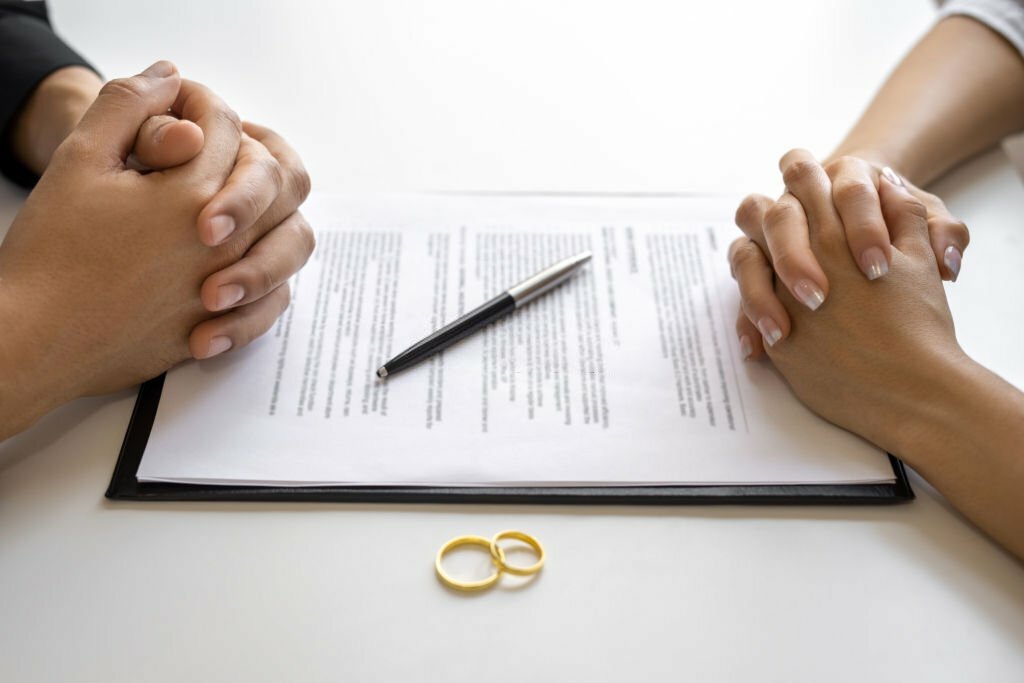Marriage, a profound and heartfelt journey that unites two souls, stands as a momentous milestone in the lives of countless individuals. It symbolises not just a union but a sacred bond, a legal recognition of love’s enduring commitment. Australia, like many other nations, upholds this cherished institution with specific legal prerequisites that must be honoured to validate the union of hearts.
To embark on this extraordinary journey, one must navigate the intricate web of regulations, and this knowledge becomes an emotional compass guiding the path to matrimonial bliss in the Land Down Under.
Understanding In Detail, the requirements of Marriage in Australia
Let us know the very heart of the legal requirements, illuminating the way for those who are on the cusp of declaring their love in the most profound and legally recognized manner.
Eligibility for Marriage
Before you start planning your dream wedding, it’s essential to ensure that you and your partner meet the eligibility criteria set by Australian law. Here are the key requirements:
- Age: Both parties must be at least 18 years old to marry in Australia. In certain exceptional circumstances, a person aged 16 or 17 can marry with court approval.
- Consent: Marriage in Australia is consensual, meaning that both parties must freely and willingly consent to the marriage. Forced or arranged marriages are illegal.
- Single Status: You must be unmarried, widowed, or divorced to marry in Australia. If you have been previously married, you will need to provide evidence of the termination of your previous marriage.
- Not Close Relatives: Parties cannot marry if they are closely related. This includes parents, siblings, and immediate family members.
- Same-Sex Marriage: Australia legalized same-sex marriage in 2017, allowing individuals of the same gender to marry legally.
- The emotional journey begins with choosing a celebrant who resonates with your unique love story. Melbourne’s diversity offers a plethora of celebrants, each with distinct personalities, styles, and backgrounds. Take your time to explore and meet several celebrants to find that perfect emotional connection.
Notice of Intended Marriage (NOIM)
To initiate the process of getting married in Australia, you need to complete and submit a Notice of Intended Marriage (NOIM) form to an authorised celebrant at least one month and up to 18 months before the wedding date.
The NOIM form is a vital document that includes essential information about the couple and the intended marriage. It’s crucial to complete this form accurately, as any discrepancies could lead to delays or even the invalidation of the marriage.
The NOIM form includes details such as the full names, addresses, and occupations of both parties, their parents’ names, and the intended date and location of the wedding. You’ll also need to provide proof of identity, nationality, and citizenship.
Choosing an Authorised Celebrant
In Australia, you have the option to choose an authorised wedding celebrant to officiate your wedding. Authorised celebrants can be ministers of religion, civil celebrants, or state and territory officers. It’s essential to book a celebrant well in advance, as they play a pivotal role in the legal aspects of your marriage.
Marriage Ceremony
The marriage ceremony itself is a significant component of the legal requirements for marriage in Australia. During the ceremony, you must recite specific words that are legally mandated to complete the marriage. The authorised celebrant will guide you through this process.
Witnesses
Two witnesses, who are both at least 18 years old and understand English, must be present at your wedding ceremony. These witnesses are required to sign the marriage certificate, confirming that they witnessed the marriage taking place. It is the responsibility of the couple to arrange for these witnesses to be present on the wedding day.
Legal Documents
After the wedding ceremony, the authorised wedding celebrant will prepare and sign three marriage certificates, one of which will be sent to the Australian Government’s Births, Deaths, and Marriages (BDM) for registration. The remaining certificates are given to the couple.
Registration of Marriage
The marriage certificate that is sent to the BDM is used to officially register your marriage. Once registered, your marriage is legally recognized in Australia, and you can obtain an official marriage certificate, which serves as proof of your marriage.
It’s important to note that your marriage is not automatically registered – the authorised celebrant must submit the required documents to the BDM.
Conclusion
Marriage is a profound and significant commitment, and it’s essential to be well-informed about the legal requirements when planning to tie the knot in Australia. By understanding the eligibility criteria, completing the Notice of Intended Marriage form accurately, selecting an authorised celebrant, conducting a valid marriage ceremony, and ensuring proper documentation and registration, you can ensure that your marriage is legally recognized in the Land Down Under.
Australia offers a beautiful backdrop for weddings, and with the right knowledge of the legal requirements, you can embark on your marital journey with confidence and peace of mind.

